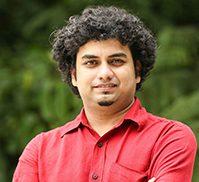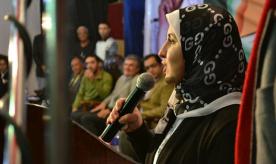Social identity, taste bias and under provisioning of public goods
Data shows that public good provision in India decreases with an increase in caste-based fractionalisation. While past research (Banerjee and Somanathan, 2007) documents this association, the causal interpretation and the deeper mechanisms driving the result is an open question.
This project aims to plug this gap by identifying the precise causal connection between caste fractionalisation in India and under-provisioning of public goods. Our hypothesis is that the under-provisioning of public goods is driven, in part, by associative distaste emanating from sharing a public good.
Our study aims to disentangle possible alternative explanations. In doing so, we will also examine if punishment mechanisms can be used to sustain high levels of public good provision and how punishment as a strategy is deployed by different caste groups belonging to different levels of social hierarchy.
Through this project, we will aim to uncover the causal connection between social heterogeneity and public good provision and comment on the underlying mechanisms behind this channel. This will help us identify bottlenecks in the provision of public goods and inform policy regarding the optimal manner of provision of public goods.
Our research methodology broadly involves running controlled field experiments in different rural sites in Bihar. We will invite research participants belonging to different castes to our study site, form groups among them and ask them to play a public good game. This game will involve the participants contributing towards a common pot out of their initial endowment (which we provide), the contents of which would then be shared by all the participants together. The precise nature of the public good can be money, as in the standard public good game, or food, sharing of which would turn on the associative distaste channel. Based on the differences between the contributions of the participants in different groups (homogenous vs heterogenous) and the nature of public good (money vs food), we aim to identify distaste arising from sharing a common resource with the outgroup.







